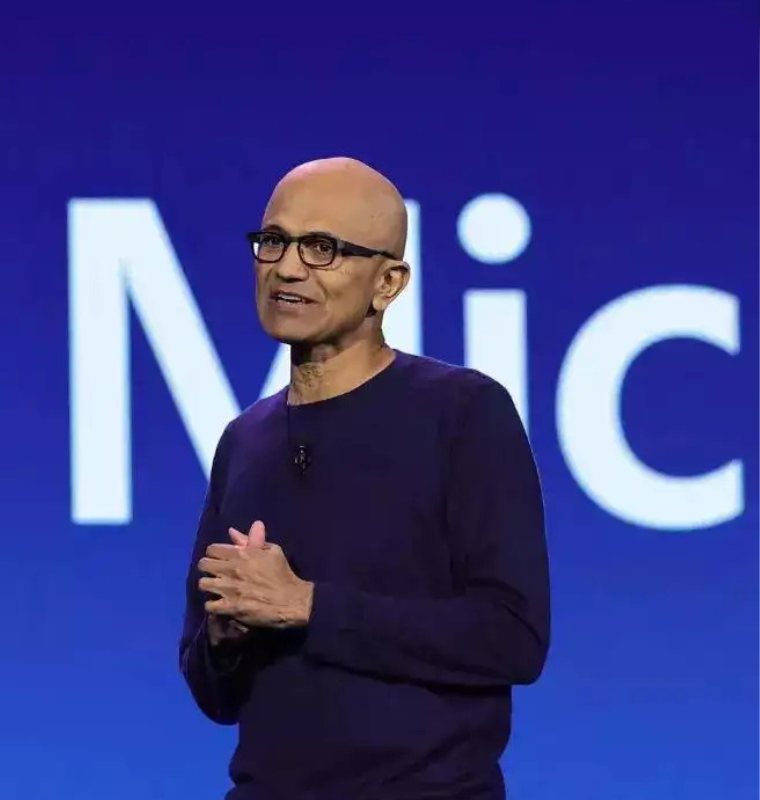Jamie Dimon Warns Trump’s Tariffs Will Spike Inflation and Slow a Fragile U.S. Economy
Jamie Dimon Warns Trump’s Tariffs Will Spike Inflation and Slow a Fragile U.S. Economy
By
Junia Wells
Last updated:
April 8, 2025
First Published:
April 11, 2025

JPMorgan CEO Jamie Dimon at a Senate hearing in 2023.Tom Williams / Getty Images file
JPMorgan Chase CEO Jamie Dimon has raised concerns that former President Donald Trump’s newly announced tariff plan will likely fuel higher inflation and weaken an already slowing U.S. economy, casting a shadow over the country’s financial outlook for 2025.
In his widely anticipated annual shareholder letter, published Monday, Dimon—who leads the largest bank in the U.S. with $4.1 trillion in assets—directly addressed the consequences of Trump’s April 2 tariff announcement, which includes broad increases on imports from China, Mexico, Vietnam, and the European Union.
“There may be valid long-term arguments for these tariffs, but let’s not ignore the immediate pain,” Dimon wrote. “Inflation will likely rise—not only on imported products but also domestically, as input costs increase and demand shifts to American-made goods.”
Short-Term Pain: Tariffs Set to Raise Prices Across the Board
According to Dimon, the tariffs will raise the cost of goods across multiple sectors—from electronics to food to industrial materials. With global supply chains already strained and companies racing to localize production, input costs for domestic manufacturers are rising fast.
“Whether or not these tariffs trigger a full-blown recession is unclear,” he noted. “But they will absolutely slow economic growth and make life more expensive for American households and businesses.”
Economists at Oxford Economics estimate that the proposed tariffs could add 0.4% to 0.7% to headline inflation within 12 months and shave 0.5% off GDP growth by the end of 2025.
The Consumer Price Index (CPI) has already risen 3.6% year-over-year as of March 2025, with food prices up 5.2% and household goods up 4.4%, according to the Bureau of Labor Statistics.
Market Mayhem: Stocks Plunge Amid Trade Fears
Dimon’s letter comes during a week of extreme volatility in the markets. Since Trump’s tariff announcement, U.S. equities have taken a beating:
- The S&P 500 has dropped 6.2%,
- The NASDAQ is down 7.1%,
- The Dow Jones Industrial Average lost 1,900 points in its worst weekly performance since the March 2020 COVID crash.
Investor sentiment has soured as uncertainty looms over global trade. The VIX Index, also known as Wall Street’s fear gauge, spiked to 28, signaling rising risk aversion.
“These market movements aren’t just reactions—they’re signals,” said Torsten Slok, Chief Economist at Apollo Global Management. “Investors are adjusting to a reality where global cooperation is fraying, and costs are climbing.”
Dimon’s Policy Message: Strong America Doesn’t Mean Isolated America
Dimon, 69, is no stranger to addressing complex geopolitical and economic challenges. This year, however, he adopted a more measured tone, urging the U.S. to pursue strong trade and immigration policies without becoming isolationist.
“America First is a valid principle,” he wrote, “but it should never turn into America Alone. Global partnerships and strategic alliances are essential.”
In January, Dimon had previously stated that Americans should “get over” tariff anxiety, defending the concept as a national security tool. But those comments came when tariff proposals were far more modest.
Now, with the April announcement significantly expanding the scope and scale of duties, his revised stance signals a recognition of potential economic fallout.
Solutions and Civic Responsibility: A Dimon Blueprint
In addition to outlining the risks of tariffs, Dimon also used his letter to call for broader reforms:
- Fixing immigration policy with common-sense regulation
- Restoring civic pride and community investment
- Boosting defense spending to ensure military preparedness
- Addressing trade imbalances through global cooperation, not unilateral moves
“Economics is the glue that holds nations together,” Dimon wrote. “Let’s make sure we’re not tearing it apart while trying to rebuild it.”
A Time for Realism, Not Reaction
As the first major Wall Street CEO to openly address the Trump tariffs, Jamie Dimon’s voice carries significant weight—not just among investors, but among policymakers. His message is clear: short-term inflation and economic slowdowns are real risks, and while national security is important, economic security must not be collateral damage.
With global supply chains in flux, rising prices at home, and markets reacting sharply, the U.S. stands at a crossroads. Dimon’s letter is a call for strategic balance, pragmatism, and collaboration—before the costs outweigh the benefits.
Popular articles
Subscribe to unlock premium content
Inside the Hidden Empire Profiting from America's Most Vulnerable

The Future of Warfare: How Artificial Intelligence is Quietly Rewriting Military Power

The Future of Saudi Arabia: Building a Trillion-Dollar Vision in the Desert
.png)
Inside the Hidden Empire Profiting from America's Most Vulnerable

The Future of Warfare: How Artificial Intelligence is Quietly Rewriting Military Power

Inside the Hidden Empire Profiting from America's Most Vulnerable









